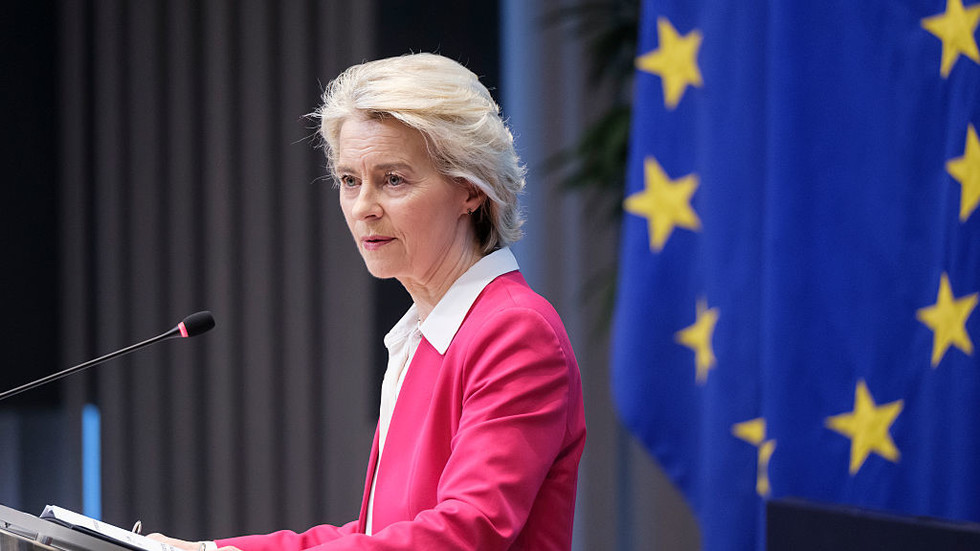Since the enactment of the new Electricity Act in June 2023, the failure of many state governors to adopt the legislation has perpetuated the challenge of unreliable power supply across Nigeria.
Amid the high hopes of Nigerians for a transformed power sector after the bill’s approval, little progress has been made as the majority of governors have not taken significant steps to leverage the new law. This inaction is exacerbating the prevalent issue of erratic electricity supply in the country.
The 2023 Electricity Act was designed to pave the way for private sector investments in the power industry and grant states the authority to generate, transmit, and distribute electricity within their territories. It also aimed to encourage the integration of renewable energy sources into the national energy mix. Despite these provisions, the reluctance of governors to act has impeded the potential impact of the new legislation.
According to reports by the International Energy Agency (IEA), Nigeria has experienced frequent power failures, with the national power grid collapsing 46 times between 2017 and 2023. This recurring issue has resulted from aged infrastructure, vandalism, and a heavy reliance on backup generators, accounting for 40% of the country’s electricity consumption.
Furthermore, the country’s total installed capacity of approximately 13 GW has been underutilized, with only around 4.5 GW of power consistently available due to maintenance challenges and financial constraints. The insufficient power generation has been compounded by a shortage of gas supply, as most power plants in Nigeria are gas-fired.
Despite the potential of renewable energy to alleviate the country’s electricity deficit, the slow response of state governors in implementing the new Electricity Act has dashed the optimism of many Nigerians. The delay in adopting renewable energy sources continues to hinder efforts to diversify the energy mix and improve power supply, particularly for small and medium businesses.
While the Nigerian Electricity Regulatory Commission (NERC) has initiated the formation of working groups for the implementation of the new Electricity Act, only a handful of states, including Lagos, Edo, Kaduna, Enugu, and Oyo, have ratified their electricity market laws. The reluctance of other states to follow suit may stem from concerns about the substantial costs associated with integrating the new law into their operational frameworks.
Experts have cautioned state governments to assess their readiness for implementing the Electricity Act, emphasizing the need for comprehensive evaluations of the electricity market, network infrastructure, and feasibility studies before proceeding. This cautious approach reflects the financial challenges faced by many states, as evidenced by the significant increase in total state debt.
To expedite progress towards a more robust and reliable electricity sector, it is imperative for governors to prioritize the adoption and implementation of the new Electricity Act. By embracing renewable energy and addressing the shortcomings of the existing power infrastructure, states can mitigate the persistent electricity woes and propel sustainable economic growth across Nigeria.
Nigeria’s New Electricity Act: Empowering Communities and Urging State Involvement
President Tinubu recently signed the Electricity Act (Amendment) Bill, 2024 into law, marking a significant step towards addressing the development and environmental concerns of host communities in Nigeria. The amendment allocates a percentage of power generating companies’ annual operating expenditures to the development of their respective host communities, managed by appointed trustees. This move aims to foster infrastructural development in communities hosting power plants, benefitting the indigenes.
As the law takes effect, Minister of Power Adebayo Adelabu has urged governors to leverage the new Electricity Act to enhance electricity supply in the country. Emphasizing the need for state participation, the minister stressed the governors’ familiarity with local needs and the urgency of electricity provision. He also advocated for unbundling distribution companies along state lines and encouraged states to establish their own power-generating companies.
This development underscores the pivotal role of states in the power sector and paves the way for a more inclusive and community-focused approach to electricity provision in Nigeria.


